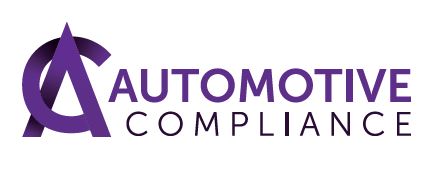A recent report from CV-Library has revealed that more than 75 per cent of workers ‘pulled a sickie’ in the last 12 months.
It has been suggested that sick days currently cost UK businesses more than £18 billion in lost productivity every year, with other studies suggesting that £9 billion of that figure is down to ‘pulling a sickie’ or rather; being off work for reasons other than sickness but which is attributed to sickness.
It is a difficult issue for employers but one which employers should be prepared to address head on and such an approach is likely to result ultimately in improved staff engagement and morale overall. Employers should have in place an up-to-date sickness absence policy and be prepared to enforce it.
Ensure return to work interviews take place and maintain accurate records. Review the records and look for patterns of absence.
Having difficult conversations is a necessity because actively policing sickness absence is vital to the performance of your business and, ultimately, its profitability. If you don’t act then you could be misleading your employees by giving the impression that what they are doing is acceptable and serve only to lower the morale of other employees.
The research revealed the worst excuses that people have given for not turning up to work:
1. I have blisters from wearing new shoes on Saturday night
2. I’ve got a terrible migraine (also known as a hideous hangover)
3. My hamster is sick and needs to go to the vet
4. I left my uniform on the bus
5. I lost a darts tournament last night and I am too traumatised to come in
6. A tree has fallen onto my property and it needs to be cleared/made safe
7. My boyfriend changed his relationship status on Facebook to single
8. There are cows in my garden so I can’t get to work
9. I didn’t get to bed until late so I’m too tired to come in.
Good people managers will know that what seems irrelevant and minor at face value is not necessarily the case as far as the person involved is concerned, and there could be a lot more trauma connected to some events than initially meets the eye. However, if the employee is not actually unwell the absence is not for reasons of sickness.
There are alternatives available to staff being off ‘sick’, such as time off to care for dependents in an emergency, parental leave, holiday, compassionate leave or even unpaid leave which might be more appropriate in the circumstances. Employers should use their discretion, but a team of staff prepared to be upfront about their circumstances because of mutual trust and understand is likely to be more reliable trustworthy and responsible in the long run.

Need help with keeping on track with FCA Regulation and Compliance? Partner with Automotive Compliance








